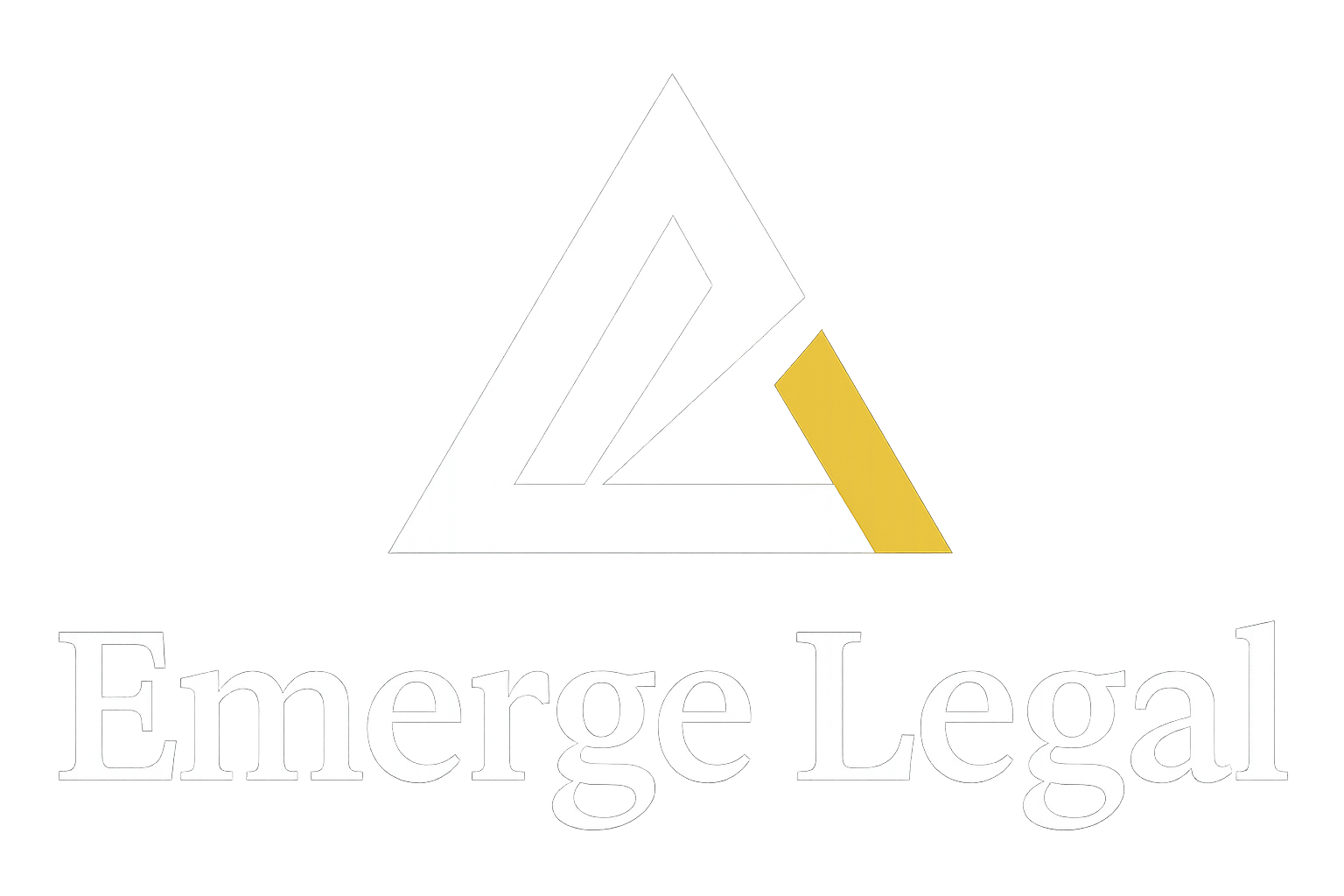Why should you accept your company’s liabilities over yourself? That is insane. But what if the corporate veil is lifted against you so that you have to pay off your company’s debts and liabilities. That could not happen and that is completely unacceptable. According to Section 9 of the Companies Act, 2013, the company which is registered under the act gains a separate identity from that of its owners and shareholders. That means the company’s rights and liabilities are different from those of its shareholders.
Yes, there are certain statutory provisions and judicial interpretations that can lift the corporate veil, there are certain things that we can follow to protect the veil from being attacking you and your shareholders.
In this blog, we are going to learn about the corporate veil, certain statutory jurisdictions that can lift the corporate veil, and how to protect your company members from the corporate veil.
What is meant by Corporate Veil?
Corporate Veil is a legal concept that separates the company’s action from affecting the shareholders or owners. The veil protects the shareholders or investors from being liable for the company’s actions. But there are certain interpretations where some of the statutory jurisdictions can lift the veil and make the shareholders liable for the losses that recurred.
Lifting of Corporate veil:
It all started with the famous case of Saloman vs. Saloman. Co. Ltd. In the Indian context, it was the LIC of India vs Escorts Ltd, where Justice O Chinnapa Reddy had claimed that if there occurs a connection between the associated companies and related members of the companies, then the corporate veil should be lifted.
The corporate veil had been lifted for certain reasons in the Companies Act, 1956. Some of them include:
- Reduction of Membership – Section 45
- Holding and Subsidiary company-related – Section 212
- Failure to deliver share certificate – Section 113.
The Corporate veil lifting laws extended in the updated Companies Act, 2013 that includes certain other sections as well:
- Misstatements in Prospectus – Section 34 – 35:
According to this section, any higher authority of the company would be liable for the payment of money to the individual for those shares that had been subscribed in faith of an untrue statement.
- Failure to pay the application money – Section 39:
In case of issue of shares to the public for the minimum subscription-based application, if the money is not returned by the company, the company including the directors can be sued in the court of law.
- Misinterpretation of the name – Section 121:
If there is a misinterpretation of the name found in any of the company’s holdings or in the payment cheques, the entire liability relies upon the director and other associated management members of the company. For instance, if your company name is RS industries and if it is misinterpreted in a payment cheque as R&S industries, then there are chances that the company members can be lifted off their corporate veil when the company is sued.
- Fraudulent Contact – Section 339:
If any intentional defraudulent practice of the creditors is done or explicit insider trading to loot the company’s resources, then the corporate veil will be lifted to investigate and take action against all the members of the company.
Apart from the Companies Act, 2013, there are some other statutes where the lifting of the corporate veil persists. They include
- Income Tax Act, 1962 – Payment of tax arrears involves the liability of the director of the company too.
- Foreign Exchange Regulation Act, 1973 – Violation of this act involves the liability of the director and other management members of the company.
As we have discussed how the corporate veil is lifted, this is the time to look over how to protect the corporate veil from being lifted. Here, we are going to look to some legal precautions that will help you to prevent veil-lifting in the later stage.
Protection of Company from Corporate Veil:
Even though the statutes and laws have clearly stated the separation of the company from the shareholders, there are certain things that can be done as a precaution to prevent future misconceptions. The main thing is to have a clear separation of personal and company activities among the members. For instance, you should not purchase personal things from a company account or company credit cards. Others include
- Keep the information to access easily and detailed so that it does not create any suspicion on personal spendings.
- Have enough money in your business current account so that you can manage your expenses and liabilities.
- Make sure of your state of the company – be it a corporation or LLC.
- Make records of the information regarding to the filings that you submit to the Secretary’s Office.
Choose the best law firm:
It is common for a company to face such legal issues. But if you hire a permanent in-house law firm, then it is easy to resolve such discrepancies and prevent the lifting of the corporate veil. Emergelegal has the best team of in-house lawyers who have a wide experience in working with various corporate companies and resolved liabilities based issues. So, why waiting, ring a call to 91-8054639220.
Reference:
- https://www.kpalegal.com/lifting-up-corporate-veil/
- https://strategiccfo.com/corporate-veil/
- https://quickbooks.intuit.com/r/money/understanding-the-corporate-veil-and-protecting-yourself-from-litigation/
- http://lawtimesjournal.in/lifting-of-corporate-veil-of-company-under-company-law/
- http://www.legalservicesindia.com/article/1876/Lifting-of-Corporate-Veil:-Indian-Scenario.html



